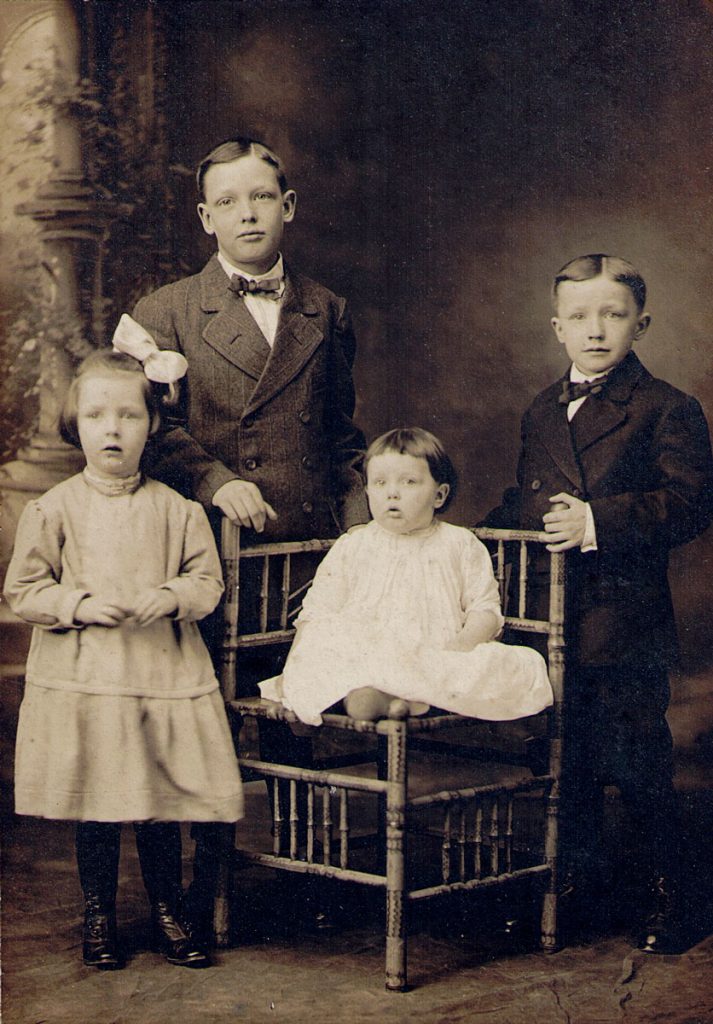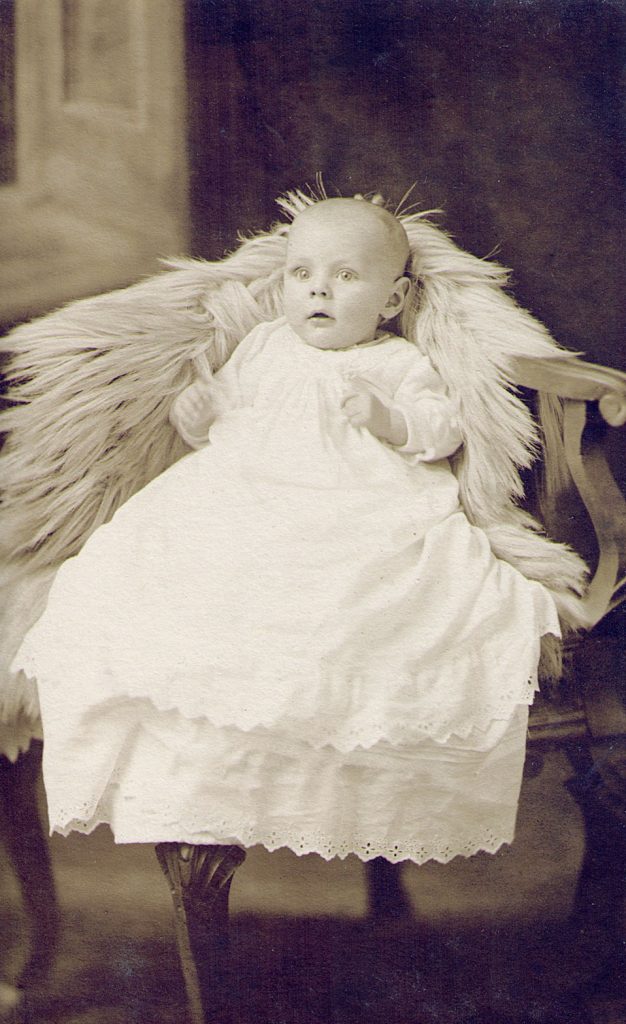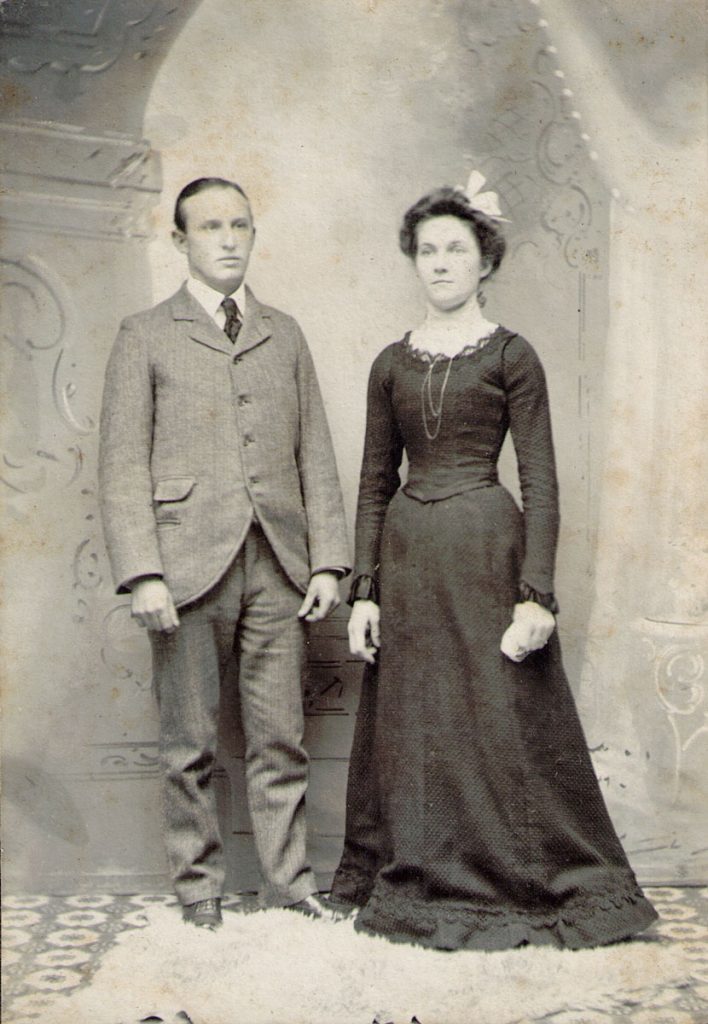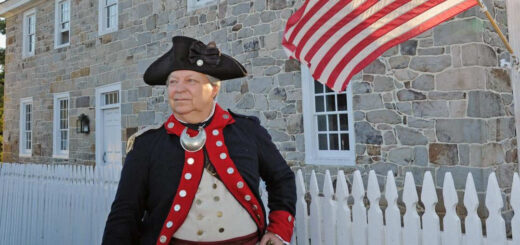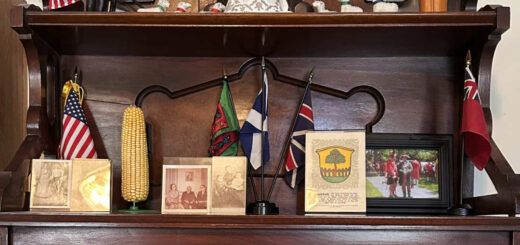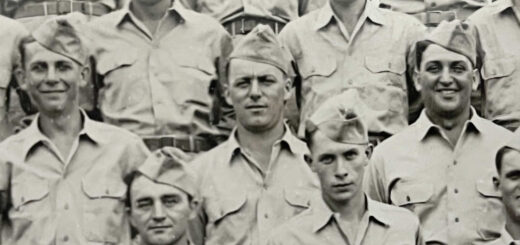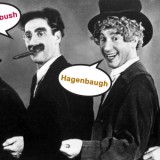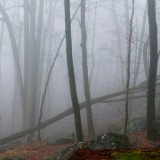Do Our Ancestors Matter Today?
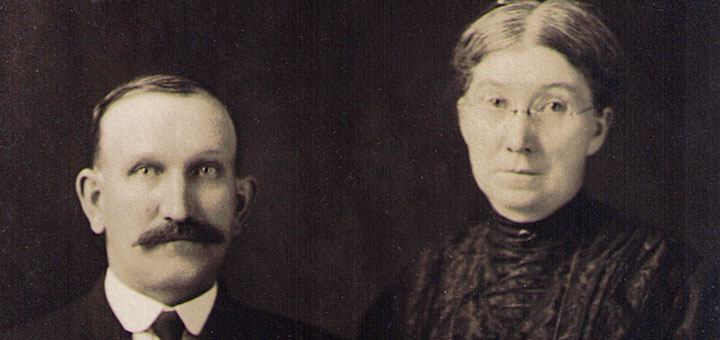
Do our ancestors matter today? And, if they really do, why?
This was the question I asked myself after a conversation with my maternal grandmother, Ethel “Brandt” Gutshall. Ethel, whom I call “Oma” (German for grandmother), celebrated her 98th birthday this past March.
Oma is my only living grandparent, and I try to call her every two or three weeks to catch up. During our conversations, which are sometimes over an hour long, I enjoy telling her about my most recent family research and genealogical discoveries. I also sometimes ask her questions about the people she once knew, places she went, and the different foods she cooked or ate. (She is particularly fond of ice cream.)
What got me thinking about the relevance of our ancestors was a comment Oma recently made. We had been talking about her childhood when she said, “Old things don’t seem to matter much anymore.” I assured her that to some of us this was decidedly not true. While she seemed okay with that answer, it did get me wondering: do our ancestors matter today?
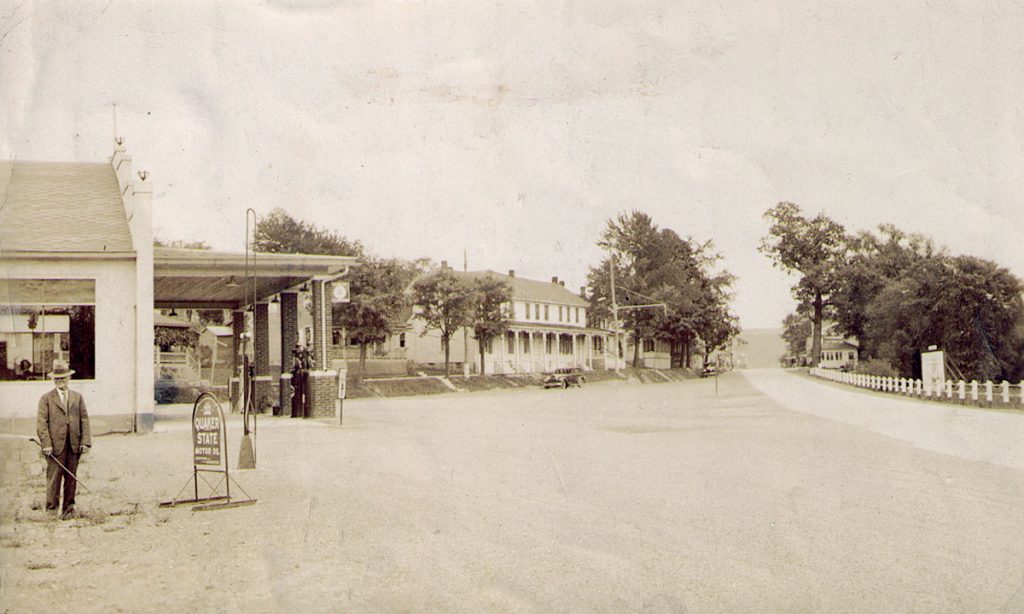
Gas station at the intersection of Rt. 54 and Strawberry Ridge Rd. in Washingtonville, PA from Harold Sechler’s collection in the Hagenbuch archives. Thanks to Barb Robbins for confirming this and noting that today the station is a sandwich shop.
Our ancestors are by definition old–at least older than we are. As a result, some people see them as less relevant to the present. Yet, there does seem to have been a time when age and experience were valuable to those who were younger. Knowledge, culture, and traditions were once passed down from generation to generation. This information was crucial to survival, whether by learning skills to eek out a living or techniques needed to care for children.
It was precisely this idea which arose during a visit with my third cousin, Darren Cockrell, and his wife, Andy. In discussing their newborn daughter, Darren mentioned that he understood why people once lived closer together in family groups. The support and knowledge that comes from family, especially from previous generations, can be invaluable. Again, I found myself asking: do our ancestors matter today?
Americans have always valued independence, as highlighted by stories of sailing to the New World, shrugging off Britain’s colonial rule, and expanding into the West. Individualism is another key part of this. Personal freedom, happiness, and success are all core tenets of the American ethos. Literature and movies frequently celebrate self-starters who strike out on their own and succeed beyond everyone’s wildest dreams.
These American ideals promote a forward-looking optimism along with a relentless drive for individuals to achieve something new and better. As a result, they leave little room for anything that might be seen as old or backward looking, including our ancestors and even our birth families. Could this be doing society a disservice?
Author Malcolm Gladwell touches upon this in his bestselling book, Outliers. While the book popularized the notion that it takes at least 10,000 hours of practice to master a skill, its core message is even more thought provoking.
According to Gladwell, we as a society place too much focus on the ability of any one individual to ultimately control his or her success. Instead, he hopes that people will come to appreciate that “what we do as a community, as a society, [and] for each other, matters as much as what we do for ourselves.”
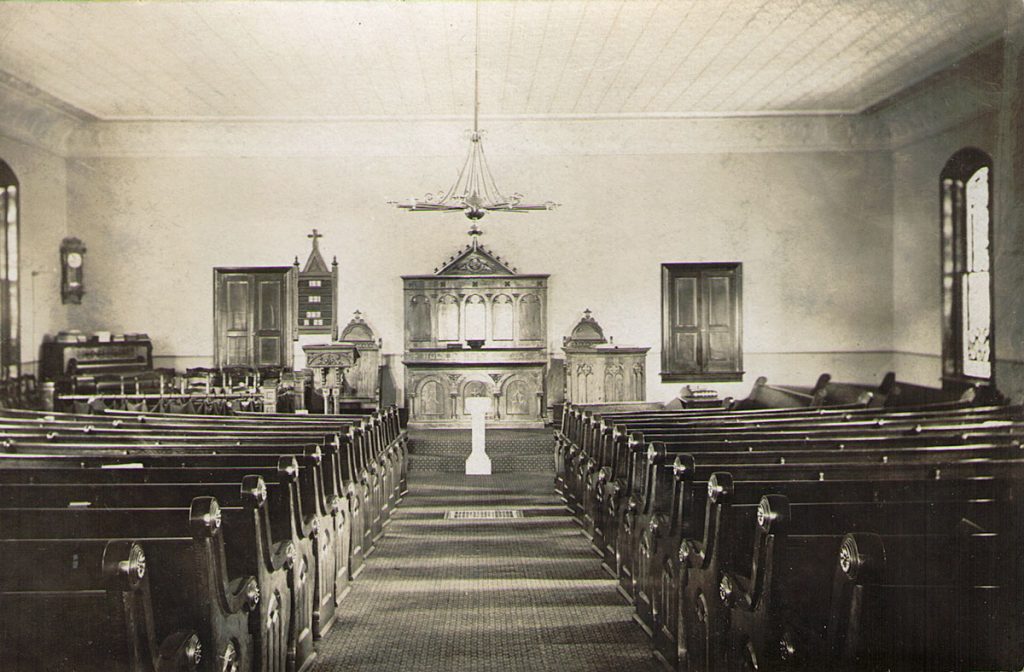
Interior of Washingtonville Lutheran Church from Harold Sechler’s collection in the Hagenbuch archives. Thanks to Barb Robbins for recognizing the location of this.
This is hardly a new idea, as confirmed by Hagenbuch history. The stories on this site frequently show how previous generations of family and friends supported one another, even as some grew old and others moved away. Across distance and time, those personal connections, including those to ancestors, mattered.
Yet, today we run the risk of becoming so focused upon ourselves in the present that any thought of others, especially those in the past, is immediately disregarded. Consider for a moment the way we purposefully separate our ancestors from our daily lives. We throw away their “worthless” photos. We forget their “rambling” stories. And, for any who happen to be living, we isolate them from the rest of society by placing them into “retirement” homes.
Do our ancestors matter today? Yes, they certainly do. But it is also easy to see why people like Oma could be led to believe otherwise. Thankfully, it doesn’t have to be this way.
Just the other day, I received a message from Taylor Blakely, who is the daughter of Jennifer “Hagenbuch” Blakely, a first cousin of mine. Taylor contacted me because she is finishing her junior year of high school and has been asked to write about her family’s heritage as part of a class project. She will eventually use this project to develop her senior portfolio. This will discuss where she comes from, what she is currently doing, and what she hopes to become after graduating high school.
As I replied to Taylor, I couldn’t help but smile while recounting the many stories about the Hagenbuch family found on this site. What a wonderful exercise it is for someone just beginning her journey in life to consider who her ancestors are and what they have accomplished!
The story of the Hagenbuch family closely mirrors the story of America. From the founding of the United States, through the journey West, to the Civil War and World Wars, our ancestors were there. They experienced these events first hand. Yes, reading history can be boring. But when considering that our ancestors were part of it, suddenly everything becomes more personal. American history isn’t just any story. It’s our story.
Our ancestors are real people who are still alive in all of us, especially if we take the time to remember them. There is so much we can learn from these people. They had hopes and fears, joys and losses, successes and failures–just like us today. Who cares if they didn’t have an iPhone or know how to take a selfie? They made their own whiskey, drove teams of horses, and hand-built homes using twibil axes!
Our ancestors were accomplished people. Through hard work along with the support of their friends and family, they became farmers, weavers, cooks, tanners, carpenters, caregivers, distillers, teachers, innkeepers, parents, photographers, nurses, opera house managers, soldiers, and much more. Their lives can inspire us to reach higher and challenge us to do more.
We should value our ancestors, preserving and sharing their memories with others. We should visit and call those whom we are still able. We should honor those who are gone but we have not forgotten. Yes, our ancestors matter today, not only for their experiences and stories but also for the perspective they give us on our own lives.
The images featured in this article are unlabeled photographs previously owned by Harold Sechler and donated to the Hagenbuch archives. If you happen to recognize any of the people or places in the pictures, please post a comment and let us know!

